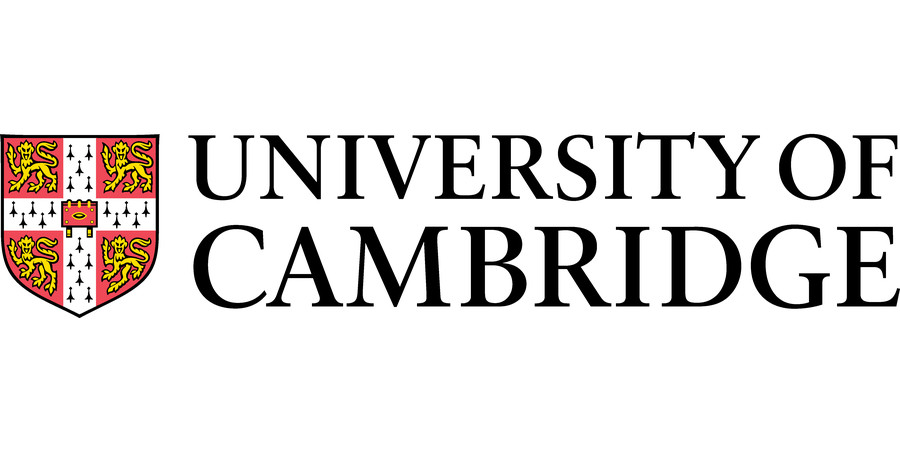Research Associate: Theories of Embryo Development (Fixed Term)
University of Cambridge - Gurdon Institute
| Location: | Cambridge |
|---|---|
| Salary: | £37,694 to £46,049 |
| Hours: | Full Time |
| Contract Type: | Fixed-Term/Contract |
| Placed On: | 4th November 2025 |
|---|---|
| Closes: | 25th November 2025 |
| Job Ref: | PR47814 |
The Simons group at the Gurdon Institute is seeking a Research Associate in the study of the developmental dynamics of the early mammalian embryo using theoretical, statistical and computational based approaches.
Alongside wet lab work using transgenic mouse models and 3D organ culture systems, the Simons lab makes use of analytical and computational approaches to study mechanisms of cell fate in developing and adult tissue in both normal and perturbed states (www.simons.group.gurdon.cam.ac.uk). The focus of the wet lab is predominantly on the biology of skin and tissues of the gastrointestinal tract. A particular interest of the group lies in defining the transcriptional and epigenetic factors that mediate cell state transitions and cellular plasticity during development, homeostasis and regeneration.
With experience in the development and application of theoretical, statistical and/or computational approaches in biology, you will make use of quantitative lineage tracing and single-cell multiomics data to study mechanisms cell fate, multilineage priming, and lineage segregation in the developing mouse and human embryo, and how these programmes become reactivated in response to injury and the acquisition of oncogenic mutations.
We are seeking someone who has a solid grounding in the application of statistical and mathematical approaches to biological systems, with experience in the manipulation and analysis of single-cell genomics data. You should have (or expect to receive within 6 months of the deadline) a PhD in a relevant subject, a sound understanding of basic molecular biology, and a solid publication record. You will be expected to work independently and interact effectively in a dynamic multidisciplinary and collaborative environment.
The Simons lab is co-located in the Gurdon Institute, a centre of developmental and disease biology in Cambridge, and the Department of Physics as well as Applied Mathematics and Theoretical Physics. The Institute provides a stimulating environment that promotes collaborative and interdisciplinary research. Its postdoc association encourages scientific and social interactions and provides career development and teaching opportunities. We offer an attractive pension scheme, generous holiday allowance and many employee benefits such as a shopping discounts scheme.
To apply online for this vacancy and to view further information about the role, please visit: www.jobs.cam.ac.uk/job/53391.
Fixed-term: The funds for this post are available for 2 years in the first instance.
Please quote reference PR47814 on your application and in any correspondence about this vacancy.
The University actively supports equality, diversity and inclusion and encourages applications from all sections of society.
The University has a responsibility to ensure that all employees are eligible to live and work in the UK.
Advert information
Type / Role:
Subject Area(s):
Location(s):









